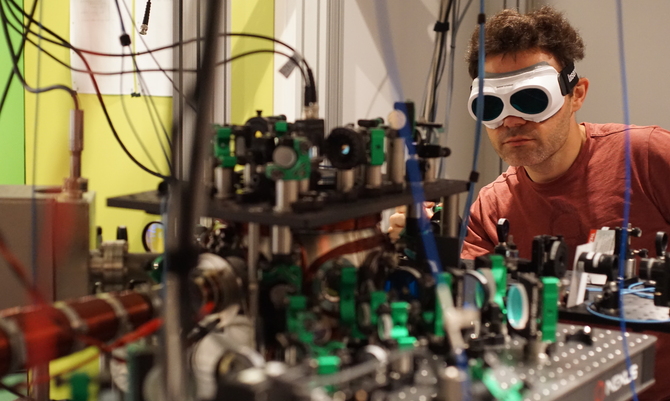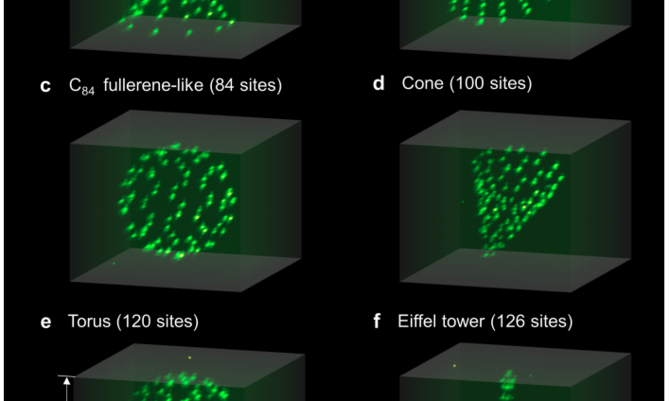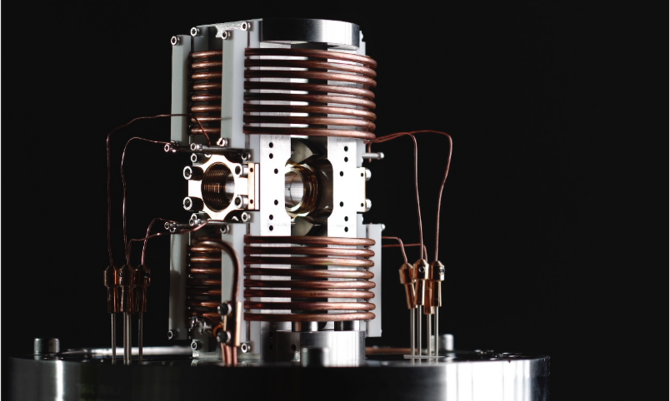PASQAL





Founded in 2019, PASQAL develops and markets Quantum Processing Units (QPUs) that have the potential to address complex computing issues, from fundamental science to real-world grand challenges.
The company is a spin-out from Institut d’Optique in Palaiseau, one of the leading quantum research centres in the world.
Our QPUs are build based on a neutral atom technology. Atoms are added one-by-one. Therefore, the system provides a high flexibility level allowing to investigate different geometries, paving the way towards a Universal Quantum Processor. In addition, our technology is seen as the most scalable one as of today, setting the blueprint for a 1000-qubit processor by 2023 (technical details and an overview of some possible use cases can be found in the whitepaper available on PASQAL’s website).
Having proven its ability to address problems that are intractable for classical High-Performance Computers, our technology has now reached a level of maturity allowing its implementation in QPUs which will be commercially available to many end-users. Such QPUs can especially be implemented as accelerators in HPC centres.
The computational power is made available through appliances in HPC centers and on the cloud with QPUs operated at PASQAL’s premises.
The QPUs are well suited for applications such as quantum machine learning and quantum simulation where it has already proven a quantum advantage.
PASQAL already operates a 100-qubit QPU prototype and will use it to implement uses-cases in 2021, such as the one developed with EDF (France’s leader electricity provider) for the optimization of the charging schedule of a fleet of electrical vehicles.




